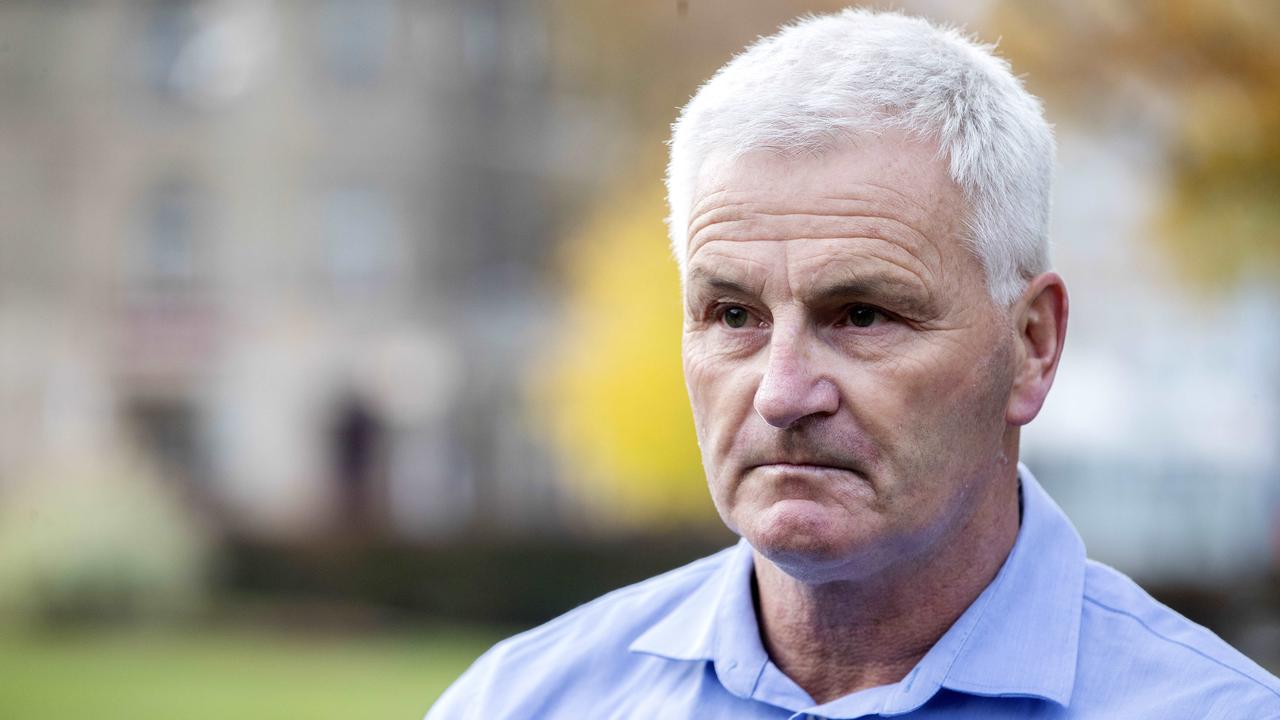COVID-19 border easing sees spikes in caravan sales, Airbnb bookings
Tasmania’s tourism industry is back in full swing as Airbnb operators report almost 50,000 guest arrivals over the Christmas period, bringing more than $360M into the state.
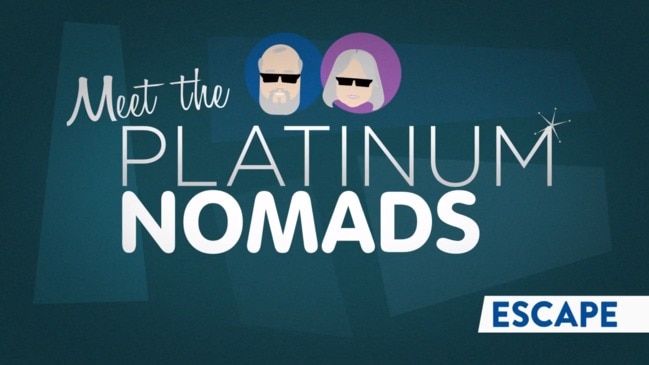
Coronavirus
Don't miss out on the headlines from Coronavirus. Followed categories will be added to My News.
AIRBNB operators experienced a surge in bookings as border restrictions eased.
The homesharing platform reported 47,000 guest arrivals in the six weeks from December 1, of which about 75 per cent were interstate travellers.
And 82 per cent of bookings were made for properties outside of Hobart.
Bellerive Airbnb host Siska Hocking noticed a spike in bookings during December, describing her property’s occupancy rate as “consistent”.
“But at the moment we don’t have many reservations at all,” she said.
“We had a lot of people stay here while the Big Bash League hub was hosted at Blundstone Arena, but now that's over, the bookings have stopped.”
Ms Hocking, who operates the Airbnb next to her family home, used the border lockdown period to renovate the property amid a dramatic drop in occupancy.
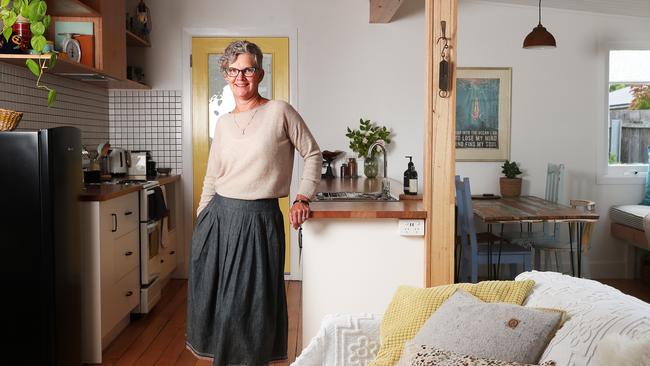
“I’ve noticed there is a lot less shortstay properties in Bellerive as there once was. I think many were converted into rentals when the pandemic struck,” she said.
Ms Hocking speculated that a recent Airbnb occupancy spike was due to a decrease of available shortstay homes.
Airbnb head of public policy Derek Nolan said the late resurgence in bookings was a good sign for the state’s tourism industry.
“After an incredibly challenging year for all Tasmanians, it’s been really great to see people spending the summer enjoying the state’s world-class attractions and spending valuable tourism dollars in every corner,” he said.
“Among them were thousands of locals, who chose to travel around their own state this summer, support their fellow Tasmanians and help ensure tourism can continue to recover and rebuild.”
The company said a report it commissioned from Oxford Economics found that Airbnb guests spent more than $364m in Tasmania in 2019, including more than $116m in Hobart.
The report also found Airbnb supported 3200 jobs across Tasmania in 2019.
Caravan parks face grey nomad shortage
January 24, 2021
Jessica Howard and Kasey Wilkins
THE caravan industry is experiencing mixed fates in the state, with one store breaking sales records and more Tasmanians getting out in rentals, but the lack of interstate visitors is hurting parks.
Coastal Caravans co-owner Dennis Austin has been in the business for more than 30 years and said he and his son Trent had experienced a record spike in sales during the past several months and had to put on eight extra staff to deal with demand.
“In April, we were despondent wondering how we would get through to the other side – we never dreamt we would see times like this,” he said.
The North-West business went from stocking 20 vans to 110 just to keep ahead of demand, with buyers from across the state turning up to purchase one of the second-hand motorhomes, which sell for an average price of about $30,000.
“It’s the same amount you might spend on an overseas trip and that’s gone in one hit, but a caravan you can use it for years and sell it at the end and get some money back,” Mr Austin said.
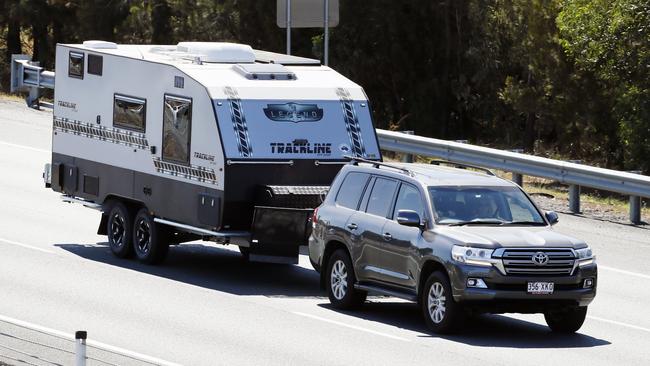
And caravanning is no longer just the domain of the grey nomad, with the market demographic changing significantly to be an equal split of retirees and families.
Mr Austin said low interest rates had transformed people’s buying habits and they would often borrow against their mortgage to buy a caravan.
“Second-hand caravans that are suitable for children are hard to come by so we’re increasingly seeing families buying up new vans at around the $60,000 mark,” he said.
Crusin’ Motorhomes co-owner Brett Lucas said the Cambridge-based rental business was dependent on the status of state borders.
“When they’re open, everyone wants to come to Tasmania, but once there’s closures or uncertainty we see a pretty dramatic drop-off in business of around 30 per cent,” he said.
“But at the same time, our local business has gone from a handful of people to hundreds from this summer to last.”
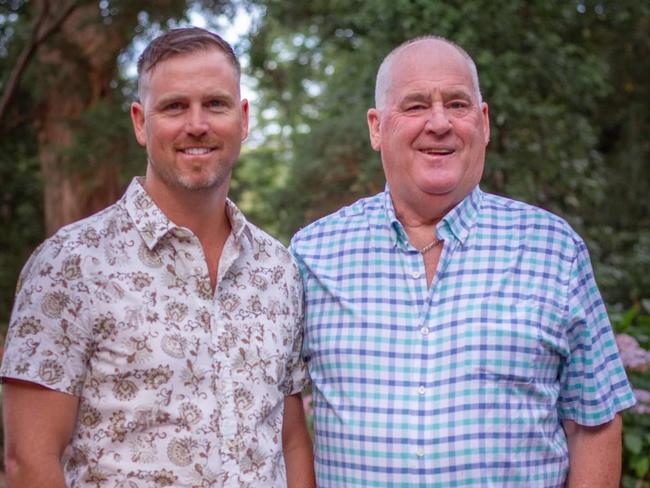
Caravan Industry Association chief executive officer Stuart Lamont said while there had been an increase in locals caravanning around the state, it was not enough to sustain local parks over what would normally be their peak summer period.
“What we’re seeing is the [state government’s] voucher system was successful in getting people thinking and moving around, but there’s just not enough population to sustain caravan parks,” he said.
“So while national site occupancy was up by about 13 per cent in December, Tassie was down about 24 per cent.
“But the good news is with excess product sitting in the marketplace there can be some good deals out there for both hiring a motorhome and the camp sites themselves.”
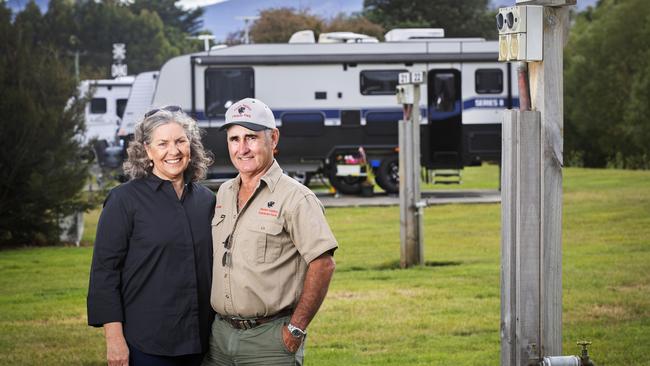
Caravan parks face grey nomad shortage
THE owners of a popular caravan park say the state is facing a grey nomad shortage.
Huon Valley Caravan Park owners Leanne and Rowen Carter said it was very unusual at this time of year to have no older mainland caravaners in the park, but instead they had begun to see a rise in locals visiting new parts of the state.
“We’ve seen nowhere near as many mainland visitors as usual. We’re actually down 50 per cent on the same time last year,” Ms Carter said.
“Grey nomads usually arrive in the park a couple of weeks before Christmas because they want to be settled over that period, but in the lead-up it was low compared to normal.
“It’s definitely the COVID fear. I think the outbreak in Victoria earlier in the year really put a dampener on everything, and then when that Northern Beaches cluster broke out in Sydney we had quite a few people call and say, ‘We know you don’t take bookings, but we wanted you to know that we’re not coming anyway’.”
Mr Carter said the mainland tourists are “just not willing to take the risk” of leaving their home state.
“Potentially they could have to quarantine for weeks if they’re locked out of certain states,” he said.
With the Spirit of Tasmania now offering free sailings, Mr Carter was unsure if it would help bring more visitors to the area.
“They’ve got to actually be able to get on the boat,” he said.
Ms Carter believes the price of travel on the Spirit of Tasmania is not what is keeping mainland caravanners away.
“I think COVID is more the issue than the boat being too expensive,” Ms Carter said. “That’s definitely why we’re seeing the downturn.”
Ms Carter said she wanted to thank Tasmanians for their support during what was a very difficult year.
“I don’t think we’d still have our gates open if it wasn’t for the support of the community,” she said.
She said they had seen visitors from the North and North-West coming down for the first time, but also from a lot closer to home.
“We’ve had people from Huonville, Ranelagh — actually Blackmans Bay, Margate and Kingston are our biggest clientele at the moment,” Ms Carter said.
“They’re not travelling far, but they definitely are supporting us.”

